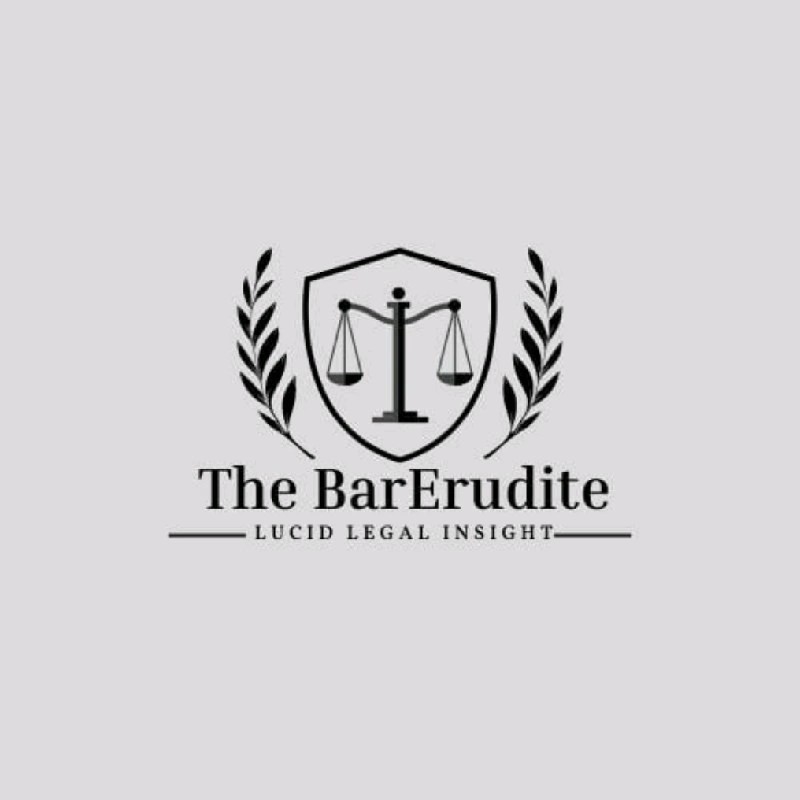Article By: Bhanupriya Sharma
ABSTRACT
The case of Spencer v Spencer involves a conflict regarding promises of inheritance within familial ties. The central issue pertains to a purported oral promise made by the deceased concerning the inheritance of property. The claimant aimed to enforce this promise by invoking the concepts of proprietary estoppel and constructive trust to demonstrate an equitable interest in the property. The court explored whether the promise, in conjunction with the claimant’s detrimental reliance, established enforceable rights in spite of the lack of formal legal documentation. The ruling underscores the principles of equitable relief, testamentary freedom, and the significance of assurances in matters of inheritance disputes.
Key Words: Proprietary Estoppel, Constructive Trust, Inheritance Promise, Detrimental Reliance, Testamentary Freedom, Equitable Relief, Family Disputes, Oral Promises, Assurances.
FACTS OF THE CASE
A father and son had been working in agriculture together for many years, establishing a successful partnership in 1983. By 1996, the son received 95% of the profits from this partnership. The father wanted the farm to remain within the family and, as claimed by the son, promised him that he would inherit all the farmland as long as he focused on it and refrained from pursuing other endeavors. In 1993 and again in 2003, the father created wills specifying that the farmland would be given to the son, while the remainder of his estate was to be divided equally between his two daughters.
In 2018, the son received a diagnosis of multiple sclerosis. The father then became convinced that the son was likely to pass away sooner than expected. Following this belief, he altered his will to divide his entire estate, including the farmland, equally among his son and daughters. After the father’s passing, the son filed a claim against his father’s estate, arguing that he had relied on his father’s promise to his detriment, and that it was unjust for the father to go back on that promise in his will.
The daughters contended that the son was overstating any guarantees given by their father and argued that, in any case, he had not suffered any detriment since he had benefited significantly from the farming partnership. Alternatively, they claimed that if he were to inherit the farmland, it should not include a section that the father had been in the process of converting to quarry land.
ISSUES RAISED
- Evidence
since there is no proof that the deceased has made any promise. It
is difficult to prove verbal promises without any written evidence, especially when the person had been died.
- Existence of a promise
Whether the deceased has made any promise or the claimant is creating a story.
- Reliance on the promise
If the claimant has acted on the promise by making contributions or personal sacrifices, like taking care of the property.
- Proprietary estoppel
Whether the claimant possessed the right to assert ownership of the property under equity law due to their detrimental reliance on the promise.
- Detrimental reliance
Does the claimant face loss or disadvantage If the promise is not performed.
ARGUMENTS
Claimant argued:
1. that the deceased had made a definitive verbal promise indicating that he would inherit the property.
2. he would face a loss or disadvantage If the promise is not fulfilled as he has made personal contributions and sacrifices
While the defendant argued That
•There are not enough evidences to prove the claim
• it lacks written evidence and the promisor is died therefore may be the claimant is creating a story by his side.
• he may have argued that It will be unfair to other beneficiaries.
RELEVANT LEGAL PROVISONS²
Proprietary estoppel
The doctrine of proprietary estoppel arises whereby a party (B) seeks to assert a proprietary right to land belonging to someone else (A) when B has been lead to believe through the words, conduct or promises of A that they will have or can expect to have such an interest over the land in question.
The leading authority for proprietary estoppel is the case of Thorner v Major [2009] UK HL 18 whereby it sets out that in order for a proprietary estoppel claim to be successful, you must be able to establish three key elements: assurance, reliance and detriment.
Constructive Trusts
This concept emerges when an individual possesses property for the benefit of another, as it would be inequitable or unjust not to do so.
The claimant is required to demonstrate their contribution to the property or establish a mutual intention to co-own.
JUDGEMENT
The Court acknowledged that assurances had been made and that the son relied on these promises. It dismissed the claim that the son’s significant benefits, such as living rent-free and receiving paid expenses, negated any notions of detriment. When a parent assures a child that they will inherit a farm in exchange for their labor until the parent’s death, and the child fulfills that expectation while forgoing other opportunities and centering their career on those assurances, it is likely to constitute detrimental reliance. Assigning a monetary value to the immeasurable detriment of dedicating one’s life to a farm instead of pursuing other life paths, or envisioning a context without those assurances, is not feasible. Thus, it was deemed unconscionable to disregard the father’s commitments.
The primary concern was determining the appropriate remedy. The Court decided that the son’s expectations should be honored and that the farmland should be transferred to him. However, this transfer should exclude the (highly valuable) quarry land. The son had anticipated inheriting the farmland for agricultural purposes, but there was no expectation for him to receive the land from which the father was extracting non-agricultural value. The revenue from the quarry was not part of the farming partnership. Allowing the additional value of that land to go to the son would result in an unintended windfall. Instead, he should only be entitled to its agricultural value. The remainder of the quarry land’s value would remain part of the father’s estate, to be allocated according to his wishes in his will.
PRECEDENT CASE LAW³
Lloyds Bank v Rosset [1991] – Defined the requirements for establishing a constructive trust.
Thorner v Major [2009] – Confirmed the elements of proprietary estoppel.
Gillett v Holt [2001] – Emphasized that the court must consider fairness in enforcing promises.
CONCLUSION
The case is a helpful illustration of how the “minimum equity” is fulfilled following the Supreme Court’s decision in Guest v Guest. The starting point is that the promise or expectation be fulfilled. The Court will however be astute to ensure that this this does not yield an unintended windfall which had not been part of the “bargain”. The Court will then have to fashion an alternative remedy to fulfil the expectation, being the agricultural value of the quarry land in this case.

![Spencer v Spencer:¹ Inheritance Promise Dispute Spencer v Spencer & Others [2023] EWHC 2050 (Ch)](https://barerudite.org/wp-content/uploads/2024/10/DALL·E-2024-10-25-03.36.46-A-neatly-organized-desk-with-a-stack-of-legal-books-and-papers-alongside-a-gavel-and-scales-of-justice-symbolizing-law-and-case-commentaries.-A-clas.png)

Leave a Reply